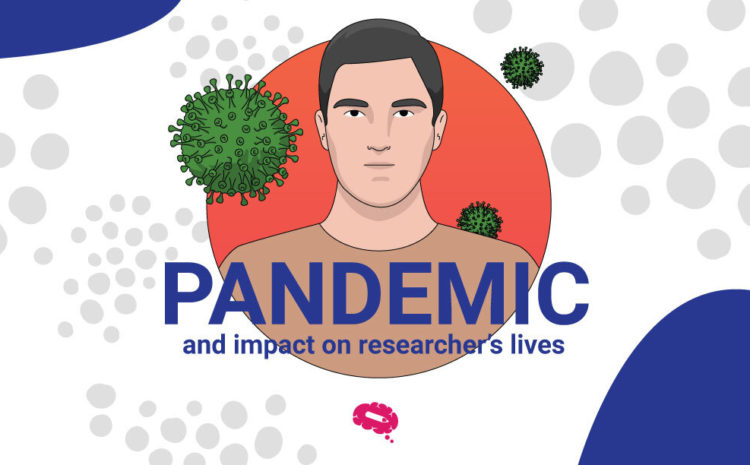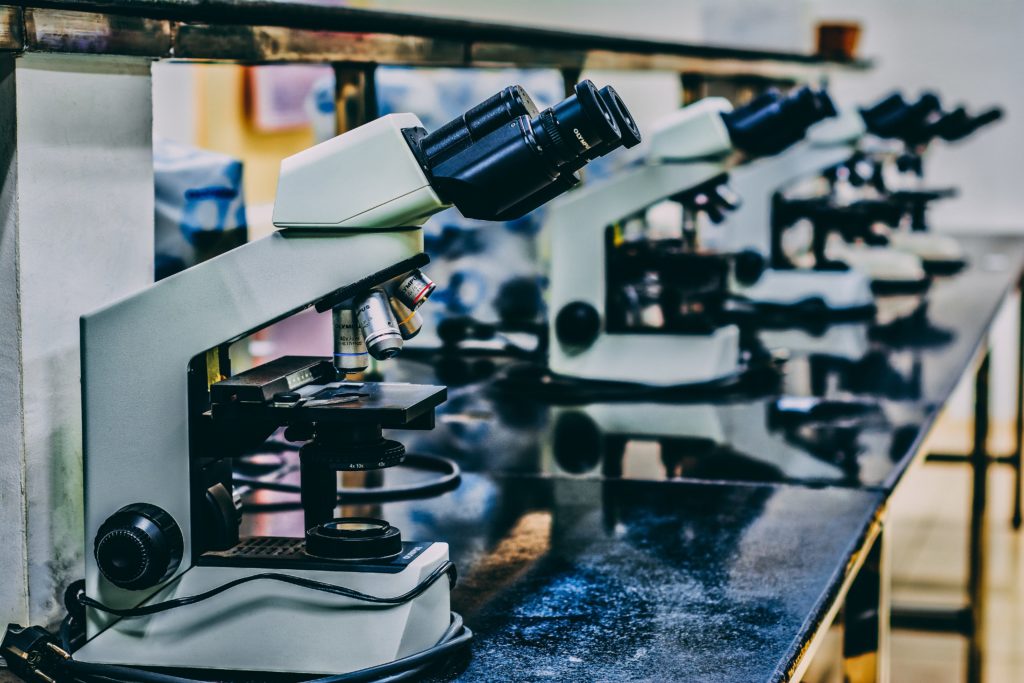Over a period of one year, the world has changed forever.
COVID pandemic is giving hard times to sectors like healthcare, epidemiological studies, economy, and manufacturers all over the world.
Research scientists are not spared from the impact. In fact, the field of research is going through a rough phase in multiple ways. We are sure that our readers can relate to us very well.
With a never-ending surge of cases, life science research fields are getting narrowed down to understand COVID and find solutions to the pandemic.
Initially, research institutions were trying to make up the pace of work by keeping labs with fewer staff members. However, with current conditions, work from home has become a necessity for most research institutions and is negatively affecting work output and research agendas.
Uncertainties at workplace
Globally various countries have taken serious steps to combat the spread of COVID in their respective areas. Those stringent actions have involved forced lockdown, closure of academic institutions, partial closure of research institutions, and much more.
These conditions create uncertainties in the availability of workplaces. Most life science experimentation is not possible without wet-lab experiments. COVID pandemic has made it difficult to reach instruments and have the workforce onboard due to lockdown for several months.
Research institutes not involving COVID work were vacant for months together producing no data at all. Principal investigators, scientists, directors, and institutions are handicapped to put their researchers back on the bench and restart their work due to several more reasons. Field visits are getting impossible due to travel restrictions and scale-up experiments are suffering by and large in each sector.
Impact on experimental labs
“Eight out of ten postdoctoral researchers say that the global coronavirus pandemic has hampered their ability to conduct experiments or collect data.”, as per Nature magazine’s worldwide survey of postdoctoral researchers.
Many researchers had to postpone their experiments due to the COVID pandemic, not just several ongoing experiments and induced models that went useless due to the crisis created by the COVID pandemic.
It isn’t that easy to get over the trauma of a research scientist losing their data set and not being able to regain it any time soon this year. Almost all institutions have cut down their occupancy by half leading to difficult times for international researchers.
Not recapturing the customary working stage is postponing degrees being granted to Ph.D. understudies. The overall impact is fewer experiments, lesser outcomes, and tremendous stress being built on the research community.
Budget slash
The COVID pandemic has pushed the world into a severe unexpected economic crisis.
For all the governments it has become mandatory to invest in health care the most and take care of the COVID pandemic at the moment. “Due to the effects of COVID-19, Cancer Research UK has had to cut its research funding by £45 million,” says Cancer Research UK.
“Many traditional research activities were largely suspended in the spring into summer, other than COVID-19-related and other essential research” for US higher education, according to a report by Radecki and Schonfled. The funding has been redirected to COVID research. The charity, funding agencies, and government institutions are forced to focus their money on COVID to help the condition as soon as possible.
From one perspective this is necessary but on the other hand, it indicates that vital research like cancer studies, environmental experiments are facing a decline in funding. Budget slash directly impacts researcher’ sleeves in COVID non-related areas leading to lesser salaries and lower involvement on the workbench.
A significant number of researchers are facing a dilemma between continuing their desired work and moving to COVID-related research on a permanent basis.
Extension issues and publications
With the unseen future of other life-science-based research, research institutions are taking hard decisions of discontinuing funding to make up for budget cuts by governments.
Postdoc specialists are confronting expansion issues, while just conceived PhDs are confronting subject choice issues. Most publication houses have shifted their radar to COVID and made the literature open access.
This noble step on the other side leads to lesser importance to other fields. Whereas research work in other fields (other than COVID) has been conducted over a period of time and needs attention. Suddenly COVID related publications are hyped and they are given importance for faster publication deadlines.
Impact on mental health and relationships
Combining all the stress, the general mental health of researchers is taking a toll. They are attempting to deal with online meetings, yet nothing can measure up to working with your partner in a research center.
Stressed relationships with partners and mentors are faced by almost everyone. Not to blame just the COVID pandemic but, the financial crisis, working from home, traveling restrictions, volatile regulations and work pressure is leading to strained relationships.
A ray of hope – Mind the graph
We understand your issues with online dealing and the expression of thoughts. Connect with us for any of your publication-related issues and Mind the graph will help you with a detailed illustration of your research work. Let us help you lower down the stress!
Grab a cup of coffee and let us help you prepare your graphical abstract!

Subscribe to our newsletter
Exclusive high quality content about effective visual
communication in science.








